March 2025, Volume 20, Issue 2

TABLE OF CONTENTS
President's Corner
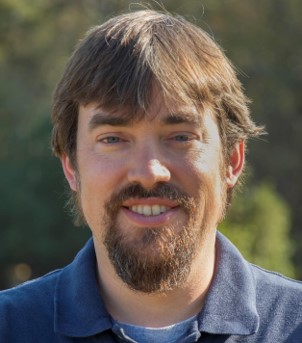
With warmer weather, new green leaves, flowers blooming, and spring rains just around the corner, SESWA’s 20th Anniversary is in full swing! 2025 is sure to bring some challenges and hard-earned successes to each of our organizations, and SESWA is poised to provide the support and educational resources to guide us through.
Over the past two decades, SESWA has grown to over 1,700 stormwater professionals from more than 300 organizations. Providing exceptional member service remains a top priority for the Association’s leadership. SESWA is dedicated to offering relevant, impactful resources and opportunities for professional development. Our outstanding membership is both the reason why and the source of ideas for these services. Just think about the array of resources you have at your disposal: webinars, stormwater utility reports, a job board, service projects, the community forum, seminars and conferences, and much more. It makes you wonder “What’s next?”
Well, SESWA’s next exciting event on the horizon is the Seminar in Atlanta. This year’s event is slated to provide another lineup of experts focusing on innovative approaches to stormwater management. With the challenges of today’s stormwater industry, innovation is necessary to maintaining the highest level of service to our communities and the environment. Stormwater management is at a turning point with changing climate patterns, continued urbanization, and evolving regulations. With the theme of “Bringing Back the Green in Stormwater Systems,” the Seminar will provide an educational opportunity for you to learn new strategies that promote sustainability and environmental enhancement by reintegrating natural processes and incorporating green stormwater infrastructure into urban planning.
If you aren’t able to attend this year’s Seminar, be sure to take advantage of the other services available every day from SESWA. For those I will see this April, I’m excited to learn and share ideas with you, and to push the boundaries of innovation in stormwater management. Together, we can build a strong network of stormwater professionals and develop a collective vision for moving forward in our own communities, regionally, and together as an Association. I am looking forward to celebrating SESWA’s 20th Anniversary and am excited to see the opportunities that the next 20 years will bring!
John Butler
SESWA President
Gwinnett County, GA
Back to the top
Bringing Back the Green – SESWA Seminar
 Join us for SESWA’s 20th Annual Regional Stormwater Seminar on April 25, 2025 in Atlanta, GA focusing on Bringing Back the Green in Stormwater Management. Innovation in the stormwater management sector has introduced new techniques and approaches to address the dynamic nature of treating stormwater. While some new techniques blend new treatment technologies with traditional hard infrastructure solutions, other approaches look to natural or “greener” solutions to meet stormwater management needs. From reverting degraded streams back to more natural streams systems, providing more green forms of treatment to hardscaped areas, and incorporating natural designs, many are looking to bring back the green into stormwater management systems. Join us at the Seminar as we explore lessons learned from implementing stormwater projects focused on natural solutions vs. hard infrastructure. Register today! Join us for SESWA’s 20th Annual Regional Stormwater Seminar on April 25, 2025 in Atlanta, GA focusing on Bringing Back the Green in Stormwater Management. Innovation in the stormwater management sector has introduced new techniques and approaches to address the dynamic nature of treating stormwater. While some new techniques blend new treatment technologies with traditional hard infrastructure solutions, other approaches look to natural or “greener” solutions to meet stormwater management needs. From reverting degraded streams back to more natural streams systems, providing more green forms of treatment to hardscaped areas, and incorporating natural designs, many are looking to bring back the green into stormwater management systems. Join us at the Seminar as we explore lessons learned from implementing stormwater projects focused on natural solutions vs. hard infrastructure. Register today!
Back to the top
State Spotlight Webinar - May 8, 2025
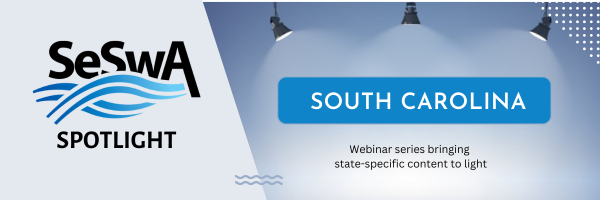 Registration is open for SESWA’s Spotlight Webinar Maximizing the Value of Disaster Recovery Efforts: How to Turn Natural Disaster Pain into Resiliency Gain? Join us on May 8th from 11:00am - 12:00pm Eastern for this free webinar to learn how Renewable Water Resources (ReWa) is maximizing long-term benefits of disaster recovery efforts. Following the aftermath of Hurricane Helene, ReWa, a regional wastewater treatment provider located in Greenville County, SC, undertook a significant initiative to identify and evaluate damage to their right-of-way and sewer pipelines located adjacent to stream corridors, using both internal and external resources. This endeavor has not only expedited their efforts to create a comprehensive long-term plan for protecting stream corridors but will also enhance the overall resilience of their system and the surrounding watershed. Register today to save your seat! Registration is open for SESWA’s Spotlight Webinar Maximizing the Value of Disaster Recovery Efforts: How to Turn Natural Disaster Pain into Resiliency Gain? Join us on May 8th from 11:00am - 12:00pm Eastern for this free webinar to learn how Renewable Water Resources (ReWa) is maximizing long-term benefits of disaster recovery efforts. Following the aftermath of Hurricane Helene, ReWa, a regional wastewater treatment provider located in Greenville County, SC, undertook a significant initiative to identify and evaluate damage to their right-of-way and sewer pipelines located adjacent to stream corridors, using both internal and external resources. This endeavor has not only expedited their efforts to create a comprehensive long-term plan for protecting stream corridors but will also enhance the overall resilience of their system and the surrounding watershed. Register today to save your seat!
Back to the top
Submit A Presentation for SESWA’s 20th Annual Regional Stormwater Conference
Join us from October 1-3, 2025, in Hilton Head Island, South Carolina, as SESWA celebrates its 20th Anniversary at the 20th Annual Regional Stormwater Conference! Presentation submissions should be on case studies, evolving policy and regulatory information, new practices or techniques, research projects, etc. Professionals from federal, state and local government, the consulting community, product manufacturers and academia are invited to present. Complete the Presentation Submission Form no later than the close of business on April 4, 2025 to be considered.
Back to the top
2025 SESWA Stormwater Utility Report Coming Soon
SESWA conducts a stormwater utility survey and publishes a Report on its findings every two years. The Report provides easy access to questions concerning stormwater utility rates, structure, billing methods, and many other policies and practices throughout the Southeast. SESWA is presently working on the 2025 Stormwater Utility Report and plans to publish the Report in late April. The Report will be available to all SESWA members as well as all that participated in the survey. Thank you to all that participated in the survey – your time and participation is greatly appreciated! We also want to thank this year’s survey sponsors - W.K. Dickson, an Ardurra Company, CDM Smith, McAdams, Geosyntec Consultants, Rymar, and Bolton & Menk.
Back to the top
SESWA Community Forum – Join the Conversation
SESWA is committed to being a trusted resource and maintaining open channels of communication. As a member of SESWA you have access to an online Forum to post questions, share information, and discuss emerging issues with your peers throughout the Southeast! Visit the Forum today and be sure to subscribe to the topics that interest YOU!
Here's the latest from the Forum:
Impaired Stream Delisting
Rachel Jones, Gwinnett County, GA
Has anyone had recent successes (or unsuccessful attempts) in delisting streams from the 303(d) List of Impaired Waters? Would be interested to hear details! Read more…
Public Surveys
Andrea Strange, Warren County, KY
We are looking at doing a public survey to help with the requirement to measure our outreach program. Does anyone have a successful public survey program? If so, can you share it with me? Also, I am curious how people get the public to participate? Read more...
Back to the top
New Guidance Federal Approach to Wetlands Regulation (WOTUS)
Kevin Coyne, SESWA
EPA and the USACE announced guidance on revised rule language and guidance on how wetlands are identified for federal permitting oversight, which is part of a broader approach by the new federal administration to reduce the oversight of nationwide environmental regulations. The March 12th joint memorandum provided guidance to field staff on implementation of “continuous surface connection” consistent with the 2023 U.S. Supreme Court’s Sackett v. Environmental Protection Agency decision. The announcement by EPA provided insight that this new approach identifies that wetlands will be designated if they have a continuous surface connection to relatively permanent, standing or continuously flowing bodies of water forming streams, oceans, rivers and lakes, considering those as “waters of the United States”. This approach ultimately eliminates the “significant nexus test” from the determination and designation of wetlands, and connection to navigable waters will be a significant factor moving forward for wetland determinations. In addition, a notice posted in the Federal Register lists a series of six listening sessions and a 30-day recommendations docket allowing stakeholders to provide feedback on the definition of “Waters of the United States.”
Back to the top
NPDES SCOTUS Decision - City and County of San Francisco v. Environmental Protection Agency
Kevin Coyne, SESWA
A United States Supreme Court (SCOTUS) Decision about permit limits associated with a facility in the San Fransico, CA area could have sweeping implications to all facilities in the United States. The SCOTUS ruling clarifies that the Clean Water Act (CWA) does not authorize the inclusion of end-result requirements in NPDES permits, many of which are narrative based limits. The case centered around a permitted facility in northern California that was challenging narrative limits imposed by EPA. These limits were deemed unachievable and ultimately beyond the control of the permitted facility. This decision could have implications for any EPA and State CWA NPDES permit end-result criteria, deeming the criteria unenforceable, and requiring the need to include specific numeric criteria. EPA and State agencies may need to significantly alter their wastewater, stormwater, and general permitting approach and impose more detailed numeric permit conditions to implement similar requirements now deemed unenforceable. Some facilities/permitted entities may find this decision positive news, but it has been discussed that this could lead to more pollutant specific limits which could be much more difficult to achieve when included in a permit. SESWA will follow how EPA addresses this decision and see how both EPA leadership and EPA Region 4 potentially revise implementation strategies for future permits. For more information on ruling check out the NACWA Corner below.
Back to the top
New Administrator at EPA Region 4
Kevin Coyne, SESWA
New leadership has been announced for EPA Region 4. Kevin J. McOmber, PE, has been appointed as the new Administrator and will be leading the regional office overseeing Alabama, Florida, Georgia, Kentucky, Mississippi, North Carolina, South Carolina, Tennessee and with six federally recognized Tribes. Mr. McOmber brings a wealth of experience to the role, with over 30 years of experience in civil engineering, construction management, and community development projects. He also possesses specialized knowledge in environmental planning, water resources, stormwater management, and sustainable urban development. SESWA members may already be familiar with Administrator McOmber and we hope that existing relationships will facilitate continued collaboration with EPA staff on all things stormwater including supporting the regulated MS4 communities, and exploring additional funding opportunities for infrastructure projects.
Back to the top
Backyard Streambank Stabilization is Really Here!
John Butler, Gwinnett County, GA
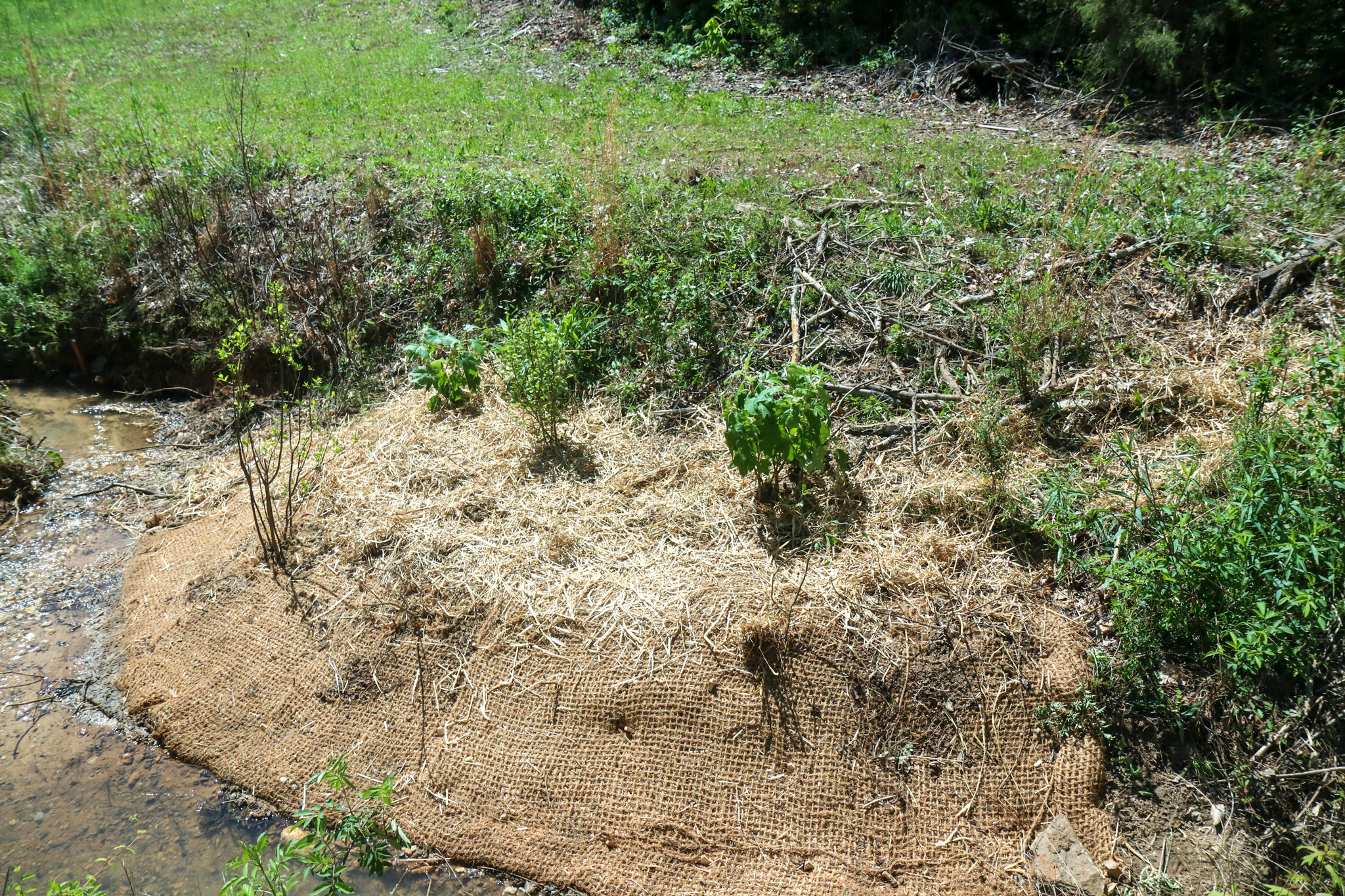 Georgia has recently started to create a state-specific program intended to educate and certify stakeholders in simple, nature-based streambank stabilization techniques. Multiple partners from around the State, led by the GA Association of Water Professionals, joined with NC State Extension to host the first certification workshop at the end of February 2025. The plan is to create content and resources tailored to each state, and to expand the training to a wide range of audiences such as landscape professionals, homeowners, property managers, and municipalities/utilities. Georgia has recently started to create a state-specific program intended to educate and certify stakeholders in simple, nature-based streambank stabilization techniques. Multiple partners from around the State, led by the GA Association of Water Professionals, joined with NC State Extension to host the first certification workshop at the end of February 2025. The plan is to create content and resources tailored to each state, and to expand the training to a wide range of audiences such as landscape professionals, homeowners, property managers, and municipalities/utilities.
While the NC State Extension program is well established, other southeastern states are getting the ball rolling, too. Clemson Extension offers a streambank repair class and the University of Tennessee just offered a class and has a list of creekbank protection and repair resources.
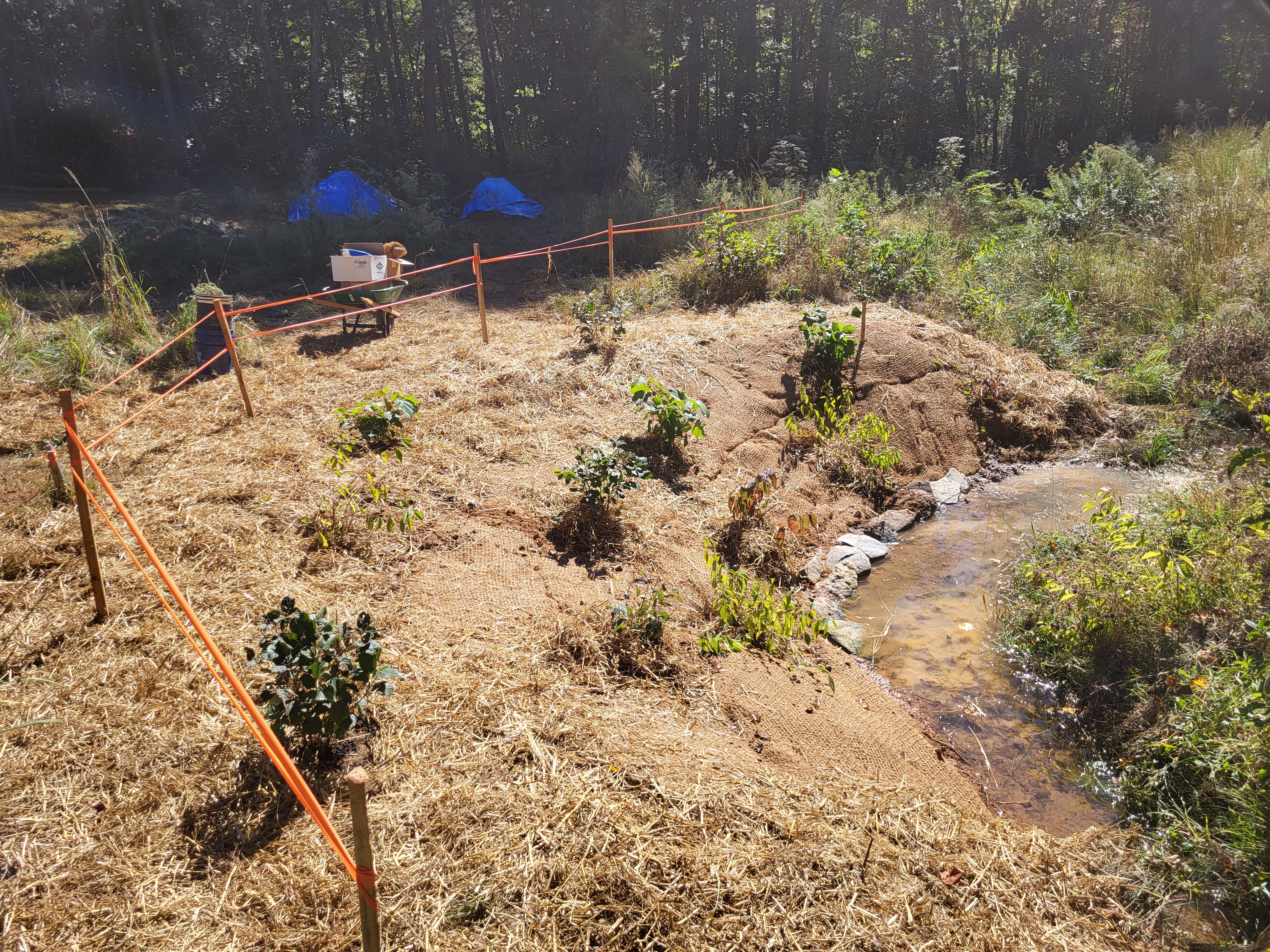 The problem of streambank erosion as a result of urbanization, loss of riparian buffers, and augmented stormwater flows is well known. These streambank stabilization efforts are providing what is needed to move from “Well, that's a private property issue and there's nothing we can do,” to “Let us help you find the resources you need to stabilize this issue.” No doubt the results will include better served stakeholders, protection of various infrastructure, and improved water quality. The problem of streambank erosion as a result of urbanization, loss of riparian buffers, and augmented stormwater flows is well known. These streambank stabilization efforts are providing what is needed to move from “Well, that's a private property issue and there's nothing we can do,” to “Let us help you find the resources you need to stabilize this issue.” No doubt the results will include better served stakeholders, protection of various infrastructure, and improved water quality.
Back to the top
Connecting Students to Stormwater: Nashville’s Field Trips to Demonstration Campus
Julie Berbiglia and Gretchen Judkins, Davidson County/City of Nashville, TN
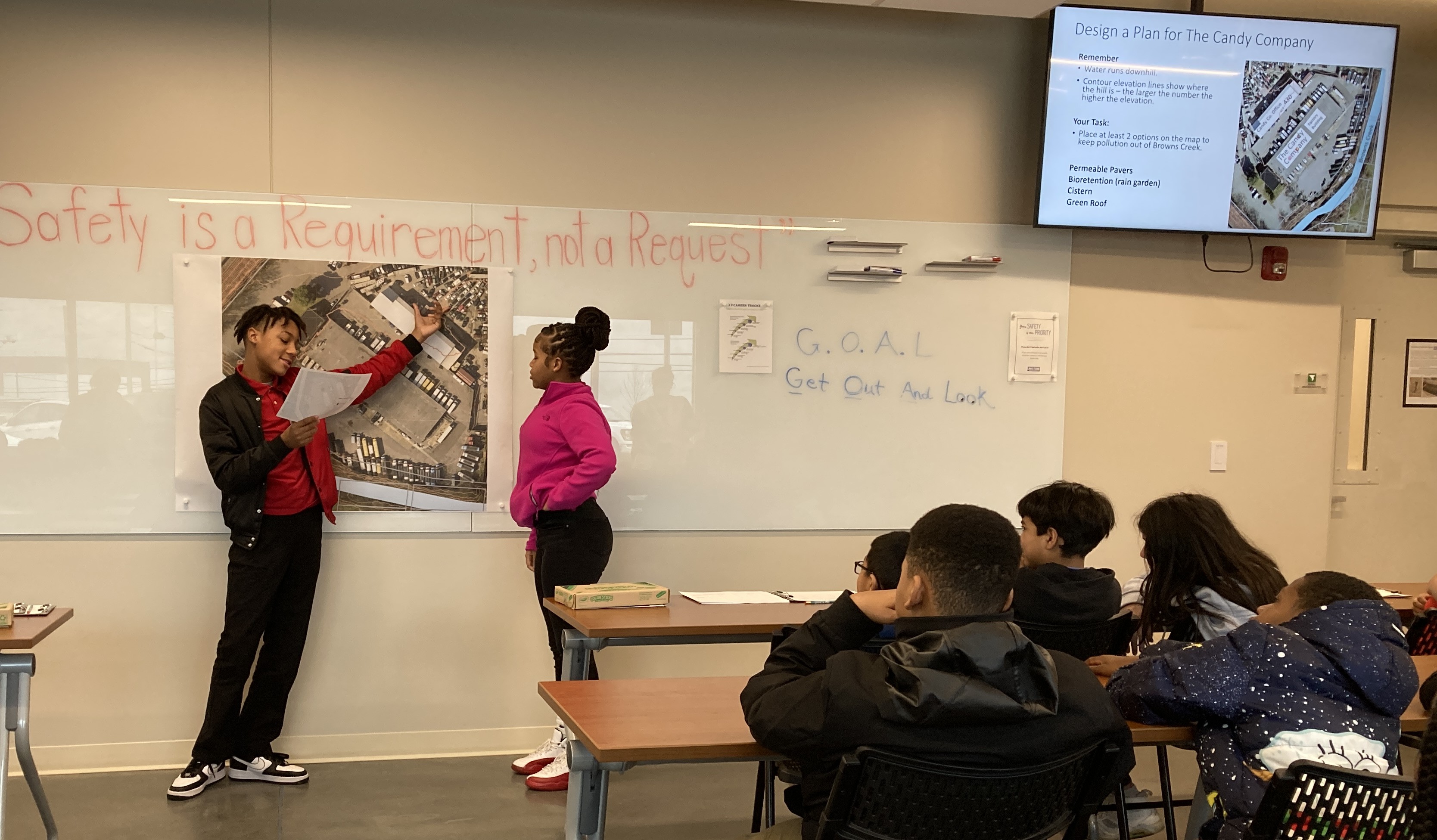 Nashville, TN, introduced almost 1,400 7th grade students to stormwater through STEAM Expeditions, a school field trip program that helps students think critically and creatively while collaborating with their peers, using the recently opened Stormwater Demonstration Campus. Students started their field trip by becoming engineers at a fictional Candy Company who received a violation for an illicit discharge. After learning about the problem of polluted runoff, the students toured the campus to learn how the site's new bioretention ponds, permeable pavers, cistern, and green roof, reduce and filter runoff. Students then worked in pairs to add these four controls to their Candy Company property design and optionally present their design to their peers. Nashville, TN, introduced almost 1,400 7th grade students to stormwater through STEAM Expeditions, a school field trip program that helps students think critically and creatively while collaborating with their peers, using the recently opened Stormwater Demonstration Campus. Students started their field trip by becoming engineers at a fictional Candy Company who received a violation for an illicit discharge. After learning about the problem of polluted runoff, the students toured the campus to learn how the site's new bioretention ponds, permeable pavers, cistern, and green roof, reduce and filter runoff. Students then worked in pairs to add these four controls to their Candy Company property design and optionally present their design to their peers.
During these beneficial Expeditions, Nashville fulfilled its vision of using the campus as a learning center by establishing it as a meaningful field trip opportunity for students while also sharing career opportunities, an investment in Nashville's future workforce. Expeditions aligned with school curriculum which allowed teachers to use the field trip activity and provided pre- and post-field trip activities in the classroom. With this success, Nashville is hoping to continue the partnership by facilitating the creation of project-based learning opportunities for teachers and schools.
Back to the top
NACWA Corner
Provided by the National Association of Clean Water Agencies
Matthew McKenna, Director, Government Affairs
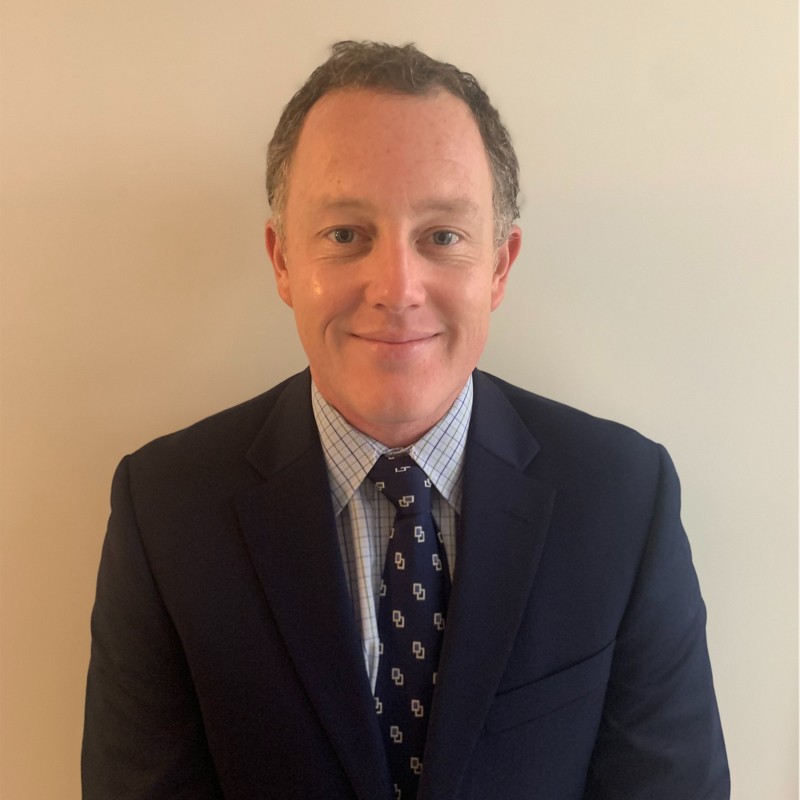 SCOTUS Releases Decision Striking down Vague Provisions in Clean Water Permits SCOTUS Releases Decision Striking down Vague Provisions in Clean Water Permits
In a landmark decision for public clean water utilities, the U.S. Supreme Court ruled in favor of the San Francisco Public Utilities Commission (SFPUC) by striking down overly vague provisions in its Clean Water Act (CWA) National Pollutant Discharge Elimination System (NPDES) permit.
The ruling, City and County of San Francisco v. Environmental Protection Agency (EPA), determined that limits in NPDES permits must specify concrete, actionable steps for compliance. Overly broad narrative prohibitions, such as a requirement that discharges not “cause or contribute to the violation of water quality standards,” the Court held, are inconsistent with the language, structure, and legislative intent of the CWA, as well as with the “permit shield” protections afforded under Section 402(k) of the Act.
The National Association of Clean Water Agencies (NACWA) led a broader sector coalition on an amicus brief that was cited by Court which noted the challenges such vague terms posed for public clean water agencies, as they turned CWA compliance into a moving target and therefore threatened major infrastructure investments.
NACWA’s brief also expressly pointed out the issues with including such water quality standard-based language in Municipal Separate Storm Sewer System (MS4) permits in light of the fact that, unlike other NPDES permittees, MS4s must only reduce pollutant discharges to the “maximum extent practicable.” NACWA’s brief therefore noted that the types of pollution control requirements at issue in San Francisco’s permit were particularly problematic when inappropriately included in municipal stormwater permits, as they were not only overly vague but also held permit holders to an inapplicable legal standard.
In its decision, the Supreme Court emphasized that permit conditions can be narrative in nature, but must establish clear, enforceable obligations—outlining specific actions permittees must take.
Crucially, the Court also rejected the notion that requiring clear and transparent permit language would harm water quality, affirming that such clarity is fully compatible with the goals of the CWA.
The Court’s decision represents a significant step forward for the public water utility sector. By reaffirming that regulatory obligations under the CWA must be clearly communicated in NPDES permits, the ruling strengthens the foundation for both environmental protection and effective utility management nationwide.
Please contact Matthew McKenna, NACWA’s Director of Government Affairs with questions.
Don't see news from your state?
Please contact us with your news or share your comments on our newsletter by emailing us at [email protected]. |
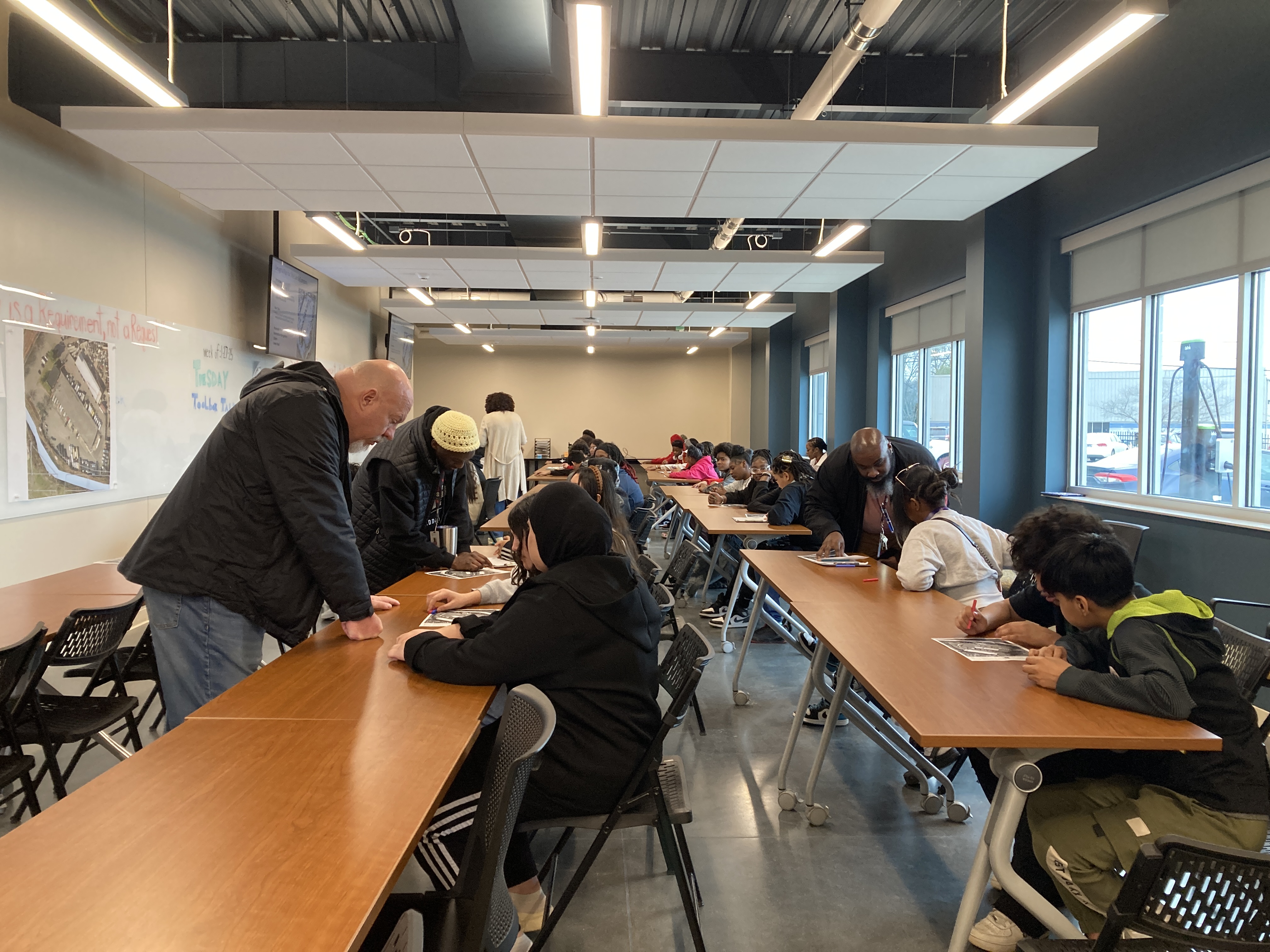
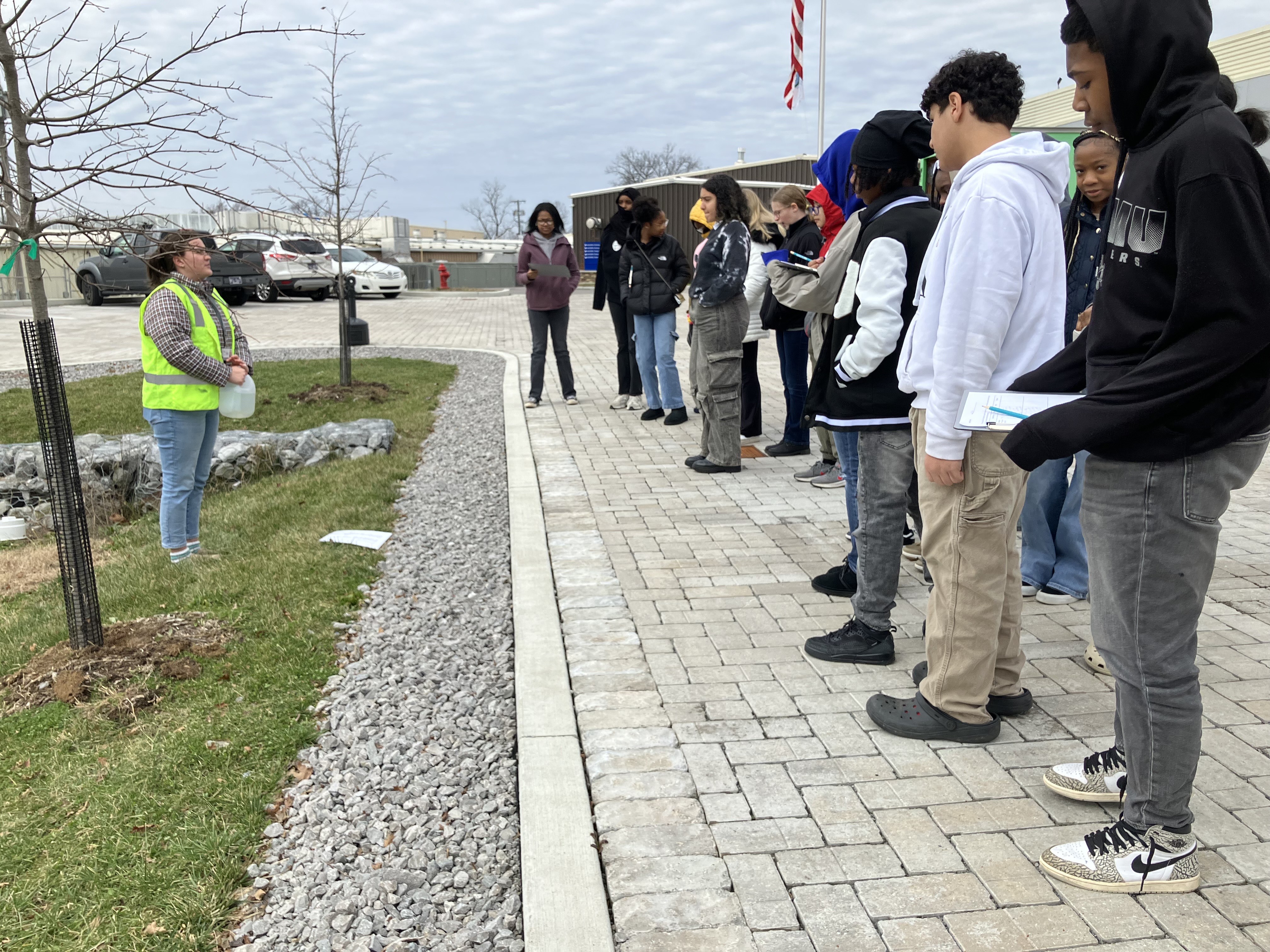
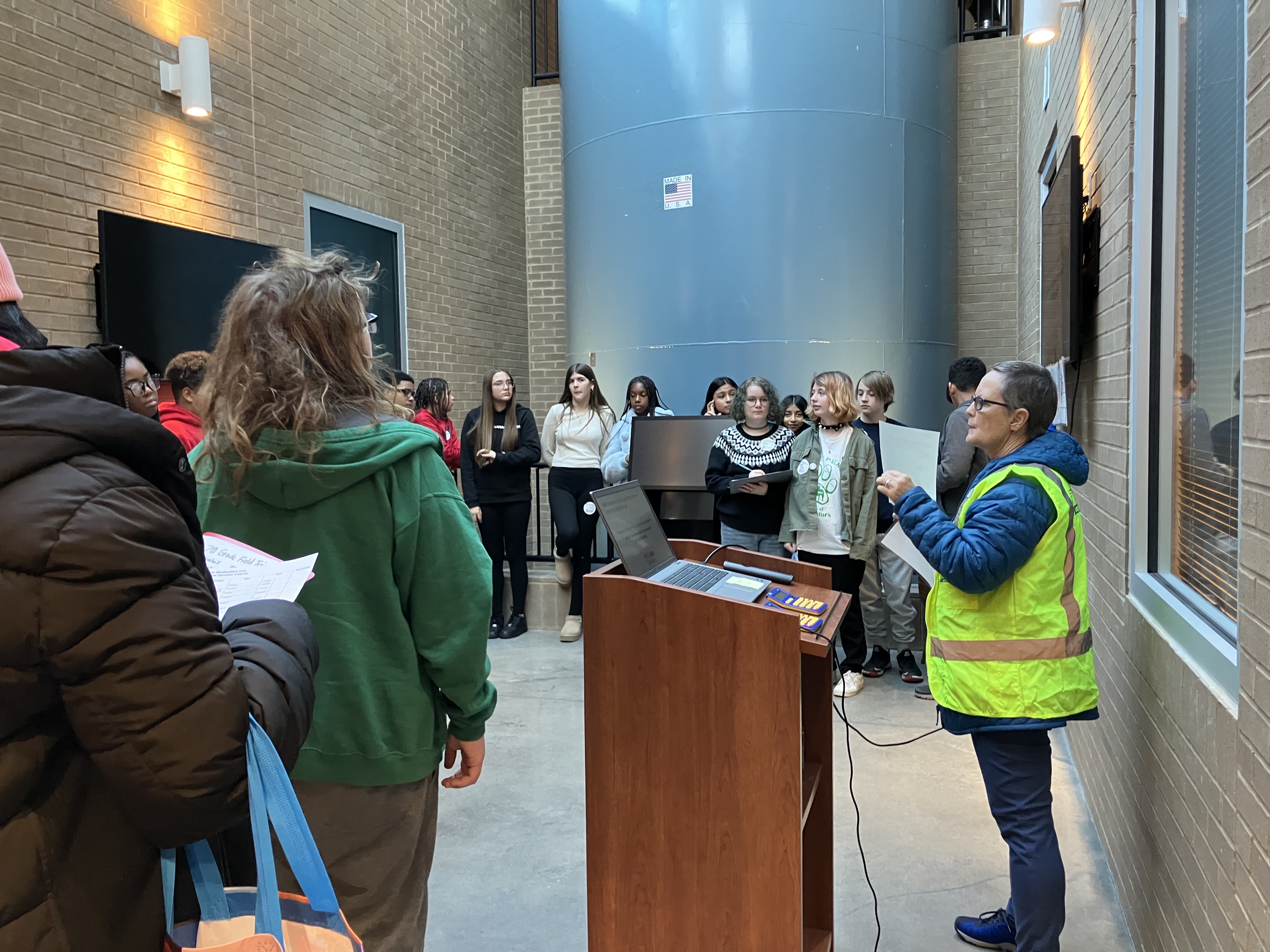
 SCOTUS Releases Decision Striking down Vague Provisions in Clean Water Permits
SCOTUS Releases Decision Striking down Vague Provisions in Clean Water Permits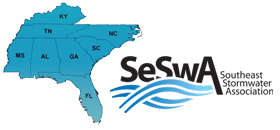
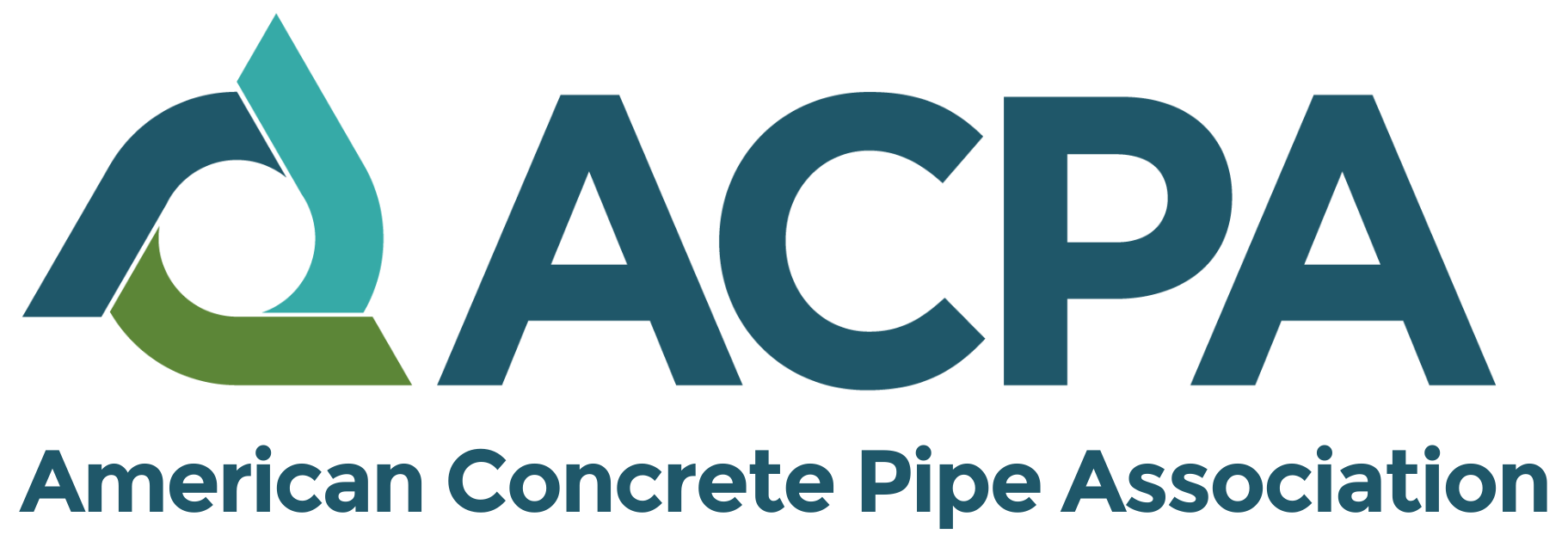
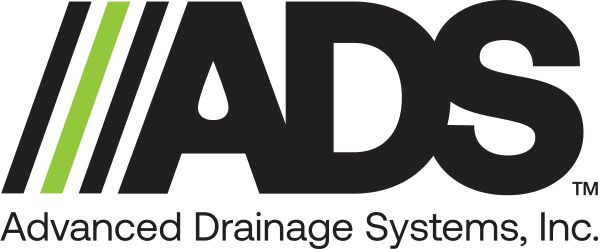
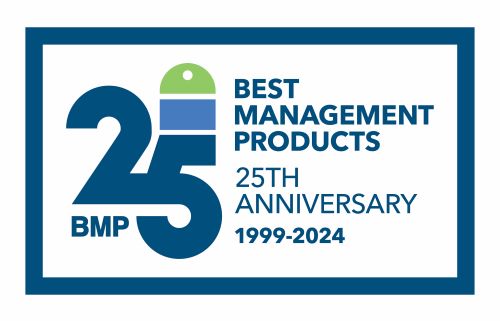
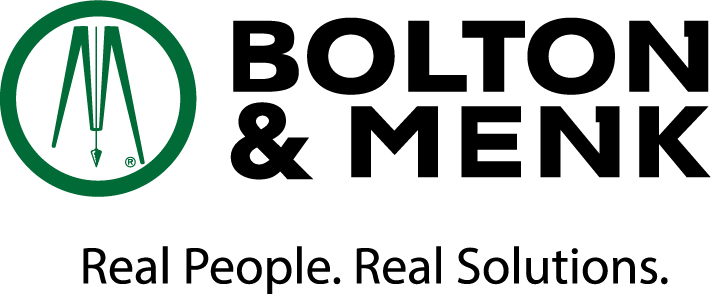
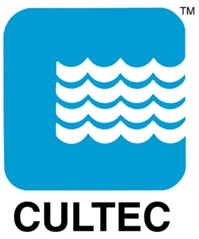
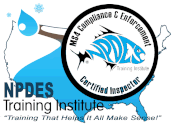
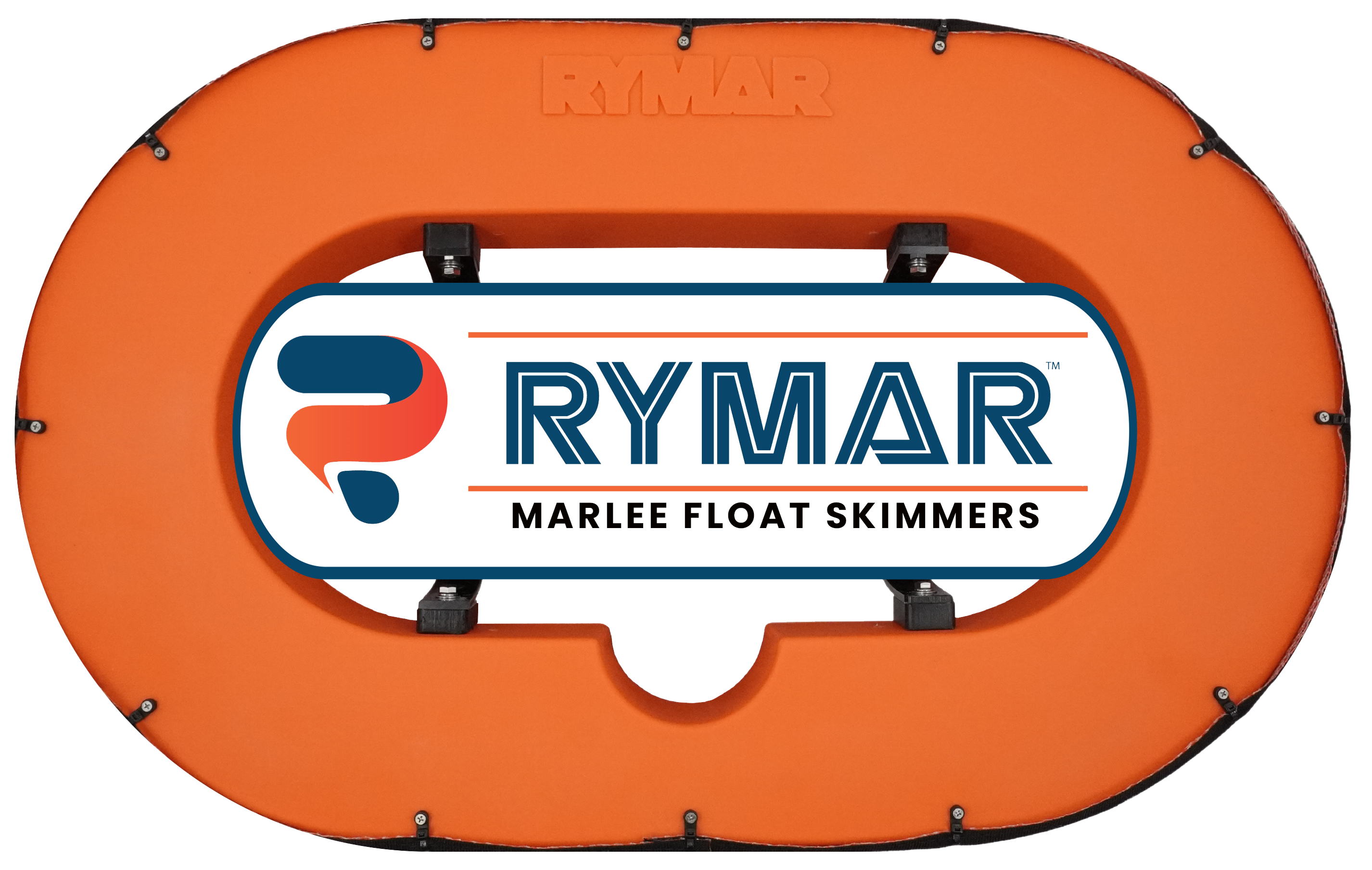






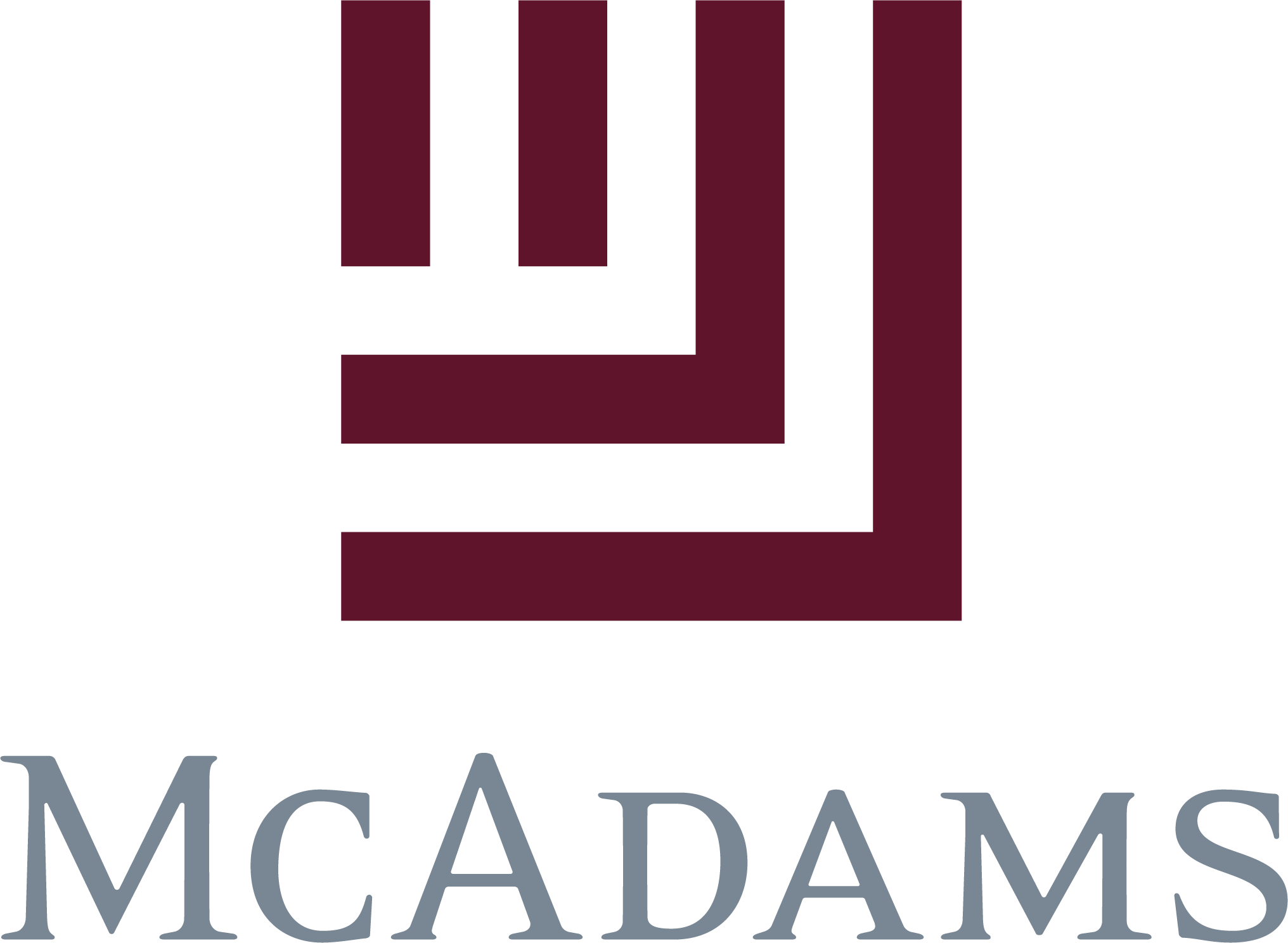

 Georgia has recently started to create a state-specific program intended to educate and certify stakeholders in simple, nature-based streambank stabilization techniques. Multiple partners from around the State, led by the GA Association of Water Professionals, joined with
Georgia has recently started to create a state-specific program intended to educate and certify stakeholders in simple, nature-based streambank stabilization techniques. Multiple partners from around the State, led by the GA Association of Water Professionals, joined with  The problem of streambank erosion as a result of urbanization, loss of riparian buffers, and augmented stormwater flows is well known. These streambank stabilization efforts are providing what is needed to move from “Well, that's a private property issue and there's nothing we can do,” to “Let us help you find the resources you need to stabilize this issue.” No doubt the results will include better served stakeholders, protection of various infrastructure, and improved water quality.
The problem of streambank erosion as a result of urbanization, loss of riparian buffers, and augmented stormwater flows is well known. These streambank stabilization efforts are providing what is needed to move from “Well, that's a private property issue and there's nothing we can do,” to “Let us help you find the resources you need to stabilize this issue.” No doubt the results will include better served stakeholders, protection of various infrastructure, and improved water quality. Nashville, TN, introduced almost 1,400 7th grade students to stormwater through STEAM Expeditions, a school field trip program that helps students think critically and creatively while collaborating with their peers, using the recently opened Stormwater Demonstration Campus. Students started their field trip by becoming engineers at a fictional Candy Company who received a violation for an illicit discharge. After learning about the problem of polluted runoff, the students toured the campus to learn how the site's new bioretention ponds, permeable pavers, cistern, and green roof, reduce and filter runoff. Students then worked in pairs to add these four controls to their Candy Company property design and optionally present their design to their peers.
Nashville, TN, introduced almost 1,400 7th grade students to stormwater through STEAM Expeditions, a school field trip program that helps students think critically and creatively while collaborating with their peers, using the recently opened Stormwater Demonstration Campus. Students started their field trip by becoming engineers at a fictional Candy Company who received a violation for an illicit discharge. After learning about the problem of polluted runoff, the students toured the campus to learn how the site's new bioretention ponds, permeable pavers, cistern, and green roof, reduce and filter runoff. Students then worked in pairs to add these four controls to their Candy Company property design and optionally present their design to their peers.